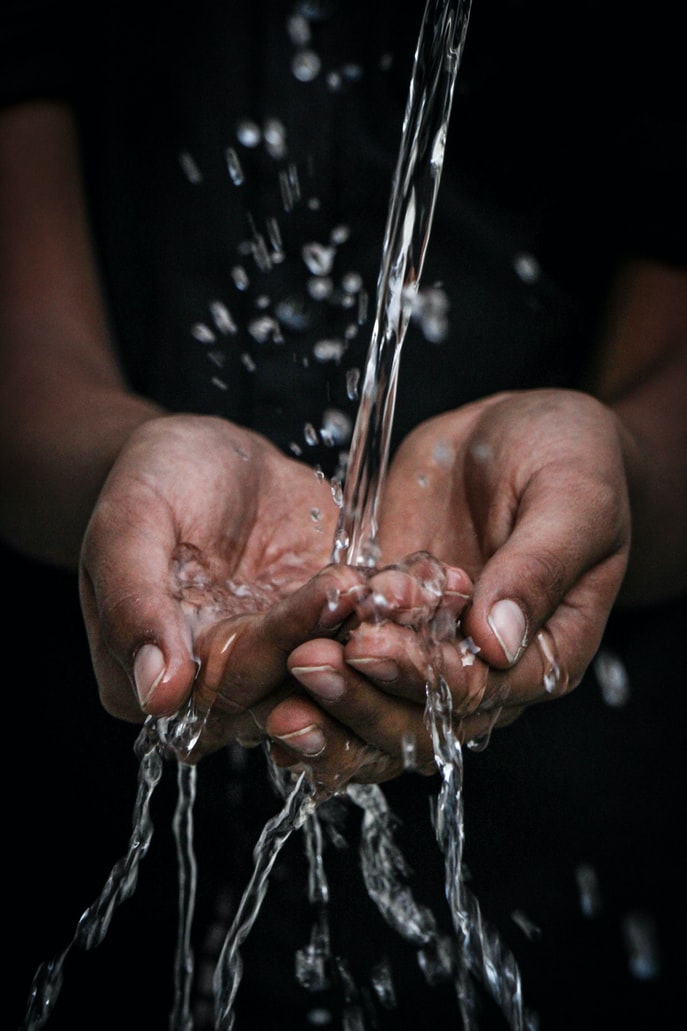Figuring out what causes your water to smell can sometimes prove to be a difficult ordeal, and the unpleasant odors usually refuse to go away on their own, so you’re left with no choice but to do something about it. Moreover, bad-smelling water is a problem that can arise with a warning, and tap water with a foul smell can negatively affect your personal hygiene habits, ability to invite guests and even disrupt your basic hydration habits.
Fortunately, whether your water smells like sewage, sulfur, or chlorine, or the odor from the faucet is fishy, there are ways to identify the reasons behind these smells and get rid of them. Whatever your problem is, read the article below and learn what you can do so you can solve your issues with bad-smelling water and be able to enjoy using your tap again, without having to worry about the health risks.
Here are the top reasons you have smelly water and advice on what you can do about it.
Water Smells Like Sulfur
Sulfur smells like rotten eggs, and its presence in water is usually related to the presence of sulfur bacteria or hydrogen sulfide. The bacteria feast on decomposing organic matter, creating hydrogen sulfide gas, which can become trapped in your plumbing system. The common source of this smell is the water heater.
The good news is that sulfur bacteria is not a threat to your health, but it’s still something that you should take care of because it can clog wells, plumbing, and irrigation systems. Fortunately, you can save on a new water heater cost and solve this issue by calling a professional who will replace your magnesium anode – the attachment in your water heater that is connected to a plug on top.
Another solution is to install an iron filter that can help reduce the level of hydrogen sulfide in your water, and it will treat your home’s entire water supply.
Water Smells Like Sewage
If your water smells like sewage, the odor is most probably coming from your sink and pipes. Bacteria from soaps, decaying food, hair, or other organic matter might produce heavy gas that will then sit in the pipes. Every time you turn your faucet on, the water will push the gas out and it can make water appear as if it smells.
If you’re not sure whether that’s exactly your issue, you can fill a glass with water, take it to another part of the room and smell it – if the water doesn’t have any odor, then the source of your problem is the drain. However, if it smells, the source is your water heater.
When the cause of the foul smell is the drain, you can solve the problem by cleaning your stinky drains with some baking soda. If it’s the water heater, turn up the temperature for the next 24 hours and try to run some hot water that will kill and flush the bacteria out. Use caution, so you don’t burn yourself with the hot water.
Water Smells Like Bleach
Chlorine is a chemical that’s used in municipal water systems after leaving the treatment plant, and it’s commonly added to tap water to kill any harmful bacteria and microorganisms that may have gotten into the system. The bleach smell is a result of too much chlorine in your water. In limited quantities, chlorine is safe for humans, and its main task is to protect against viruses, bacteria, and parasites – think of chlorine water in pools.
However, if your water smells too harshly of chlorine, it might be unpleasant and even dangerous to drink or cook with. The most effective way to fix this issue is to install a carbon filtration system – the filters will absorb contaminants which include chlorine. You can choose either an under-the-sink or whole-house filtration system, depending on your water needs and budget.
Water Smells Fishy
If you have fishy-smelling water coming from your faucet, you might have barium, cadmium, chloramine, or even algal blooms present in it. Barium is a metal found in mineral ores and it can seep into wells, causing the smell. Cadmium can seep into pipes from industrial waste or fertilizer contamination. If there’s a lot of ammonia in your water, it can react with chlorine, and this reaction can cause a fishy smell. Algal blooms can appear in some lakes and reservoirs during the summer and their particles can also seep into your water and make it smell like fish.
To solve this issue, you might need to think about installing the correct water treatment system as the current one you have may not be designed to address odors from your water. You can also contact your water provider and let them know about the issue so they can check the levels of organic compounds in the water supply.
Conclusion
There are a few reasons why your water may smell bad, but most of these issues can be fixed quite easily. The problems outlined in the article above are the most common ones and usually don’t mean that you have to get worried. All you have to do is follow the advice, and you’ll be able to get rid of those foul odors for good.
In case you notice anything unusual, don’t hesitate to contact a professional or your water provider to let them know about the issues that they might be able to solve.




